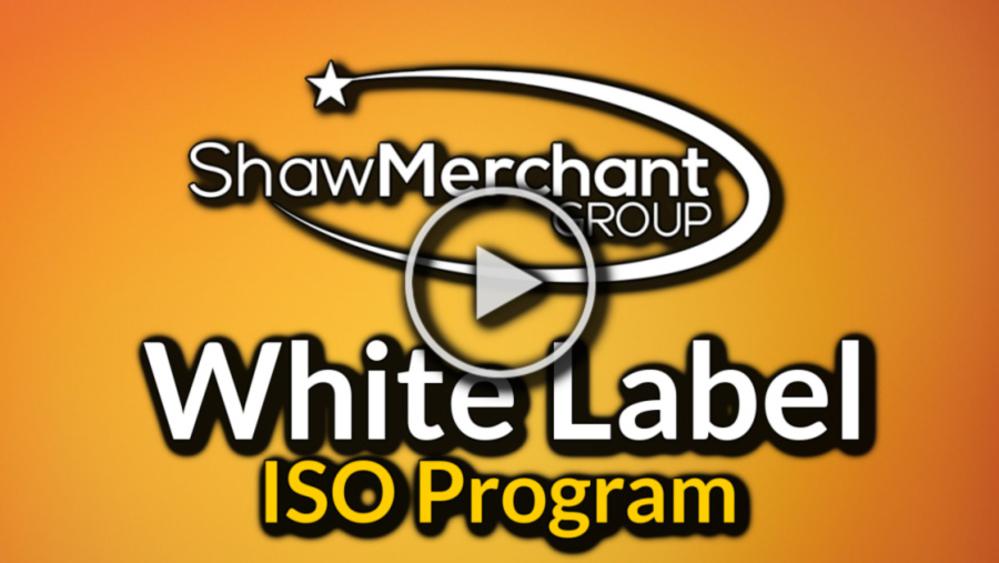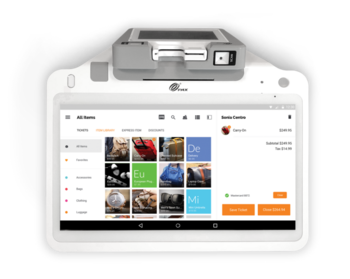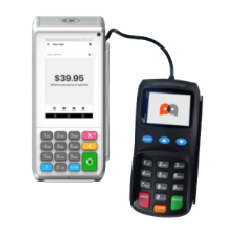Sunday, February 25 2024
Becoming a merchant services reseller can be a lucrative business opportunity for individuals or companies looking to enter the payment processing industry. Merchant services resellers act as intermediaries between merchants (businesses) and payment processing companies, helping merchants set up and manage their payment processing accounts. Sunday, February 25 2024
Wondering how to become a merchant services agent? Maybe you don’t know how the credit card processing program works and want to understand its basics? Well, whichever reason has brought you here, this comprehensive guide will help you understand how to become a merchant account reseller and how the merchant account reseller program works, along with many more useful things. So with that said, let’s get started: Process of Becoming a Credit Card Processing Reseller The process is not really hard; you just need to understand who is who and what is what and you will be quickly able to figure out how to become a merchant account reseller. So basically there are two ways you can become a merchant services agent, and we will discuss both of them below:
Now that you know the difference between both, you should not have any problem with joining a merchant services reseller program. However, there are some more things you need to understand before you dip your toe into this field. So for that, we will cover things like how this program works, what your responsibilities will be, and some things to look for in a suitable ISO partner program. How Does The Reseller Program Work? The process is pretty simple and straightforward. Assuming you are working with an MSP/ISO, you will get a ‘buy rate’ from the company. You can call it the profit of the MSP program. Now when you deal with a merchant, you will have to add your own profit to that buy rate and offer it to the merchant so that whenever a transaction is made, both you and the MSP will get a piece of it. For instance, if you join a merchant services program that is offering you a buy rate of 2% + 20 cents, you can resell it to the merchants for 2.3% + 25 cents. These additional %0.3 + 5 cents will go in your pocket. Now, this looks like nothing compared to the work you will put in converting the merchant. However, this amount will be charged for each transaction the merchant makes on credit cards. This means that if the merchant processes 100 credit card transactions with an average of $10 per transaction, then it becomes $1k. So you get, 0.25% x 1000 = $2.5. Now also add 5 cents for each transaction which will be $0.05 x $1000 = $50. So the total becomes $52.5 in recurring monthly income. Now that’s the income from just one merchant. If you sign up 10 of them a month in your first year, your monthly income could be $5200+ per month in the second year. So you can keep adding merchants to your portfolio and keep increasing your income. Responsibilities of a Merchant Services Reseller: Your main responsibility will be to sign up as many merchants as you can because that is the sole factor behind your monthly income. Here are a few more things that’ll be on your plate once you become a credit card processing agent:
These are a few important things that you will be doing on a daily and weekly basis as a credit card processing reseller program agent. Things to Look for in a Suitable Reseller Program: The policies, procedures, and rules of merchant programs vary, which is why you need to be very careful when choosing one. We have already discussed the things you need to look for in a program in this guide - Selecting the Best Merchant Services Agent or ISO Program. However, to provide you with a basic idea, we have covered some basics you should remember below:
There are many more important factors you need to look for when joining a credit card processing reseller program, make sure to read out detailed guide this subject. FAQ:Who Can Become a Merchant Services Agent? To be honest, anyone can become a merchant services agent as long as they are disciplined, self-reliant, and go-getters. Granted, you will have to study a lot at the start about the programs you will be selling and the techniques to sell effectively, but once the ball starts to roll, you will find it easy to work in the industry. How Much Can a Merchant Services Reseller Make? There is a lot of potential for how much you can make. Here is an example, you might make $500 off of a single merchant. If you manage to sign up 15 merchants per month, then in 5 years, you could be making $37,500.00 in monthly recurring income without doing much. Keep increasing merchants, and your income will increase. How Do I Become a Merchant Account Reseller? It’s simple, just select a good merchant account reseller program, talk to them, discuss your concerns, and once you are satisfied, fill their form. You might be required to provide them with some documentation, just follow what they tell you, and after some verification work, you’ll be registered as their merchant accounts reseller. Over to You: See, it’s not really hard to be a merchant account reseller, plus the perks of being your own boss and no income cap really make it an appealing business model. However, just be careful when joining a credit card processing reseller program as you don’t want to be bound by unfair rules and regulations. |
In the world of e-commerce and online transactions, payment processing is a crucial aspect of any business. White label payment processing offers a unique opportunity for entrepreneurs to enter the merchant services industry and provide payment processing solutions to businesses of all sizes. In this comprehensive guide, we will explore what white label payment processing is, how to become a merchant services reseller using white label payment processing, and how much it costs to become a payment processing reseller.
By partnering with a white label payment service provider, businesses can offer a seamless and secure payment experience to their customers while focusing on their core business offerings. |














